From Traditional Medicine to Technology
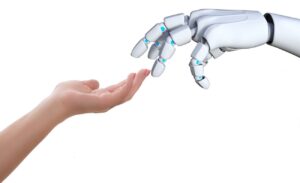 The one-size-fits-all biomedical research model, used for diagnosing prescribing and treatments, is fast becoming a thing of the past.
The one-size-fits-all biomedical research model, used for diagnosing prescribing and treatments, is fast becoming a thing of the past.
While this failing approach should be allowed to die a peaceful death, at least there are natural alternatives from which to choose, such as Herbalism, Homeopathy, Cranial Sacral Therapy, Ayurvedic medicine, Aromatherapy, and others, long known as holistic or, “natural medicine.”
But not for long! AI is marketed as the future of personalized treatment to “shape the future of natural medicine.”
The implications to human life are profound. According to the American Association for Homeopathic Products, AI is transforming Homeopathy in the following ways:
Affecting everything from diagnostic accuracy and treatment personalization to healthcare accessibility and patient autonomy, while simultaneously raising important questions about data privacy, algorithmic bias, and the balance between technological efficiency and human-centered care.
Does Homeopathy represent the last bastion of the human being?
From Mother to Motherboard
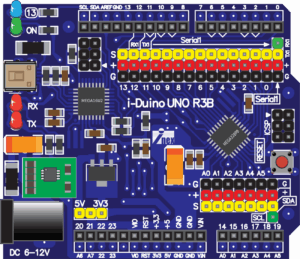 In the Information Age, according to information brokers (i.e., those dealing in information), Artificial Intelligence (A.I), can make someone more functional and more relaxed; that is until it leads to unemployment!
In the Information Age, according to information brokers (i.e., those dealing in information), Artificial Intelligence (A.I), can make someone more functional and more relaxed; that is until it leads to unemployment!
AI can summarize articles and books, and generate fake musical groups (The Velvet Sundown), and art, in seconds. It boasts anyone can create songs at several A.I.-generated websites (e.g. suno.com). No creative genius necessary. Further, it is now vogue to get medical advice from a computer!
But, what will A.I. do when it has learned everything it can learn from tomes of human-built information?
Unlike traditional computers and search engines, today’s A.I. tools are dubbed, “Cognitive A,I,” with an A,I,- reasoning process (as if computers and robots can reason). What does that mean for humans who search the latest information?
Once A.I. has categorized all searchable information, A.I. will hold a monopoly on information. A.I-reasoning will decide what you see and what you don’t see.
As an information broker, A.I.-powered tools will direct your attention away from the tried and trusted ways of acquiring and confirming information, into a virtual world of information.
Humans were once distinguished from animals for possessing cognitive functions, including reasoning, problem solving, the ability to think beyond immediate sensory input, and higher faculties of soul. However, as A.I. is promoted to replace thinking and reasoning. A.I. will be positioned to do the problem solving.
AI is currently learning from humans (i.e., machine learning). But that will soon be reversed.
In medicine, A.I. is changing everything that we know today.
Bait and Switch
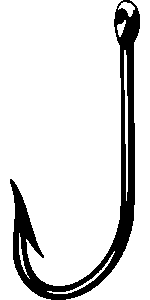 Homeopathy, as an individualized human treatment based on human data is slowly being replaced by A.I.
Homeopathy, as an individualized human treatment based on human data is slowly being replaced by A.I.
While A.I. can sound convincing, it can never understand remedy relationships, posology, or case management, because it can never understand human beings.
Chronic homeopathy prescribing by AI would require an amount of personal private data that I don’t think people are ready to give up. —Rachel Doherty
For A.I. to succeed, human beings must adapt themselves to machines. BCI illustrates the brain-computer interface, a convergence of humans and machines.
A.I. may be able to identify patterns of data “faster,” organize them, and manage workflows in hospitals, but can it ensure the ethics and morals of how it is used? When you type your symptoms into a ChatGPT-like search engine, you might get a list of remedies within seconds. But should you trust the list?
Poor prescribing, overprescribing, continual prescribing of inappropriate remedies has the potential to yield an outcome that’s not what you want. —Denise Straiges
Today, when A.I. is asked “Should you trust AI to diagnose and treat a disease?,”A.I. lists both pros and cons. But for how much longer? When will A.I. list only the pros?
Reframing How People Think
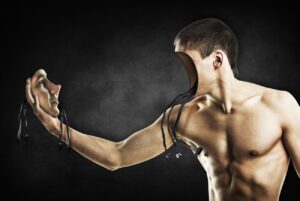 The beauty of homeopathy illustrates the human capacity to think, and to use intuition, two things a machine can never do.
The beauty of homeopathy illustrates the human capacity to think, and to use intuition, two things a machine can never do.
With A.I. considered as “personalized medicine,” it reframes how people think:
- Instead of sifting through hundred of rubrics manually, AI can narrow down possibilities in seconds.
- AI-powered cross references patient language with rubrics.
Alternatively, a homeopath combines physical, mental, emotional, and constitutional traits of each individual. As all holistic healers, homeopaths see each human as unique.
Thus, the homeopath represents the last bastion of creativity, intuition, and genius; the last bastion of humanity.
Without an ability to think, what will human beings become? Will there be a place for humanity in an AI-generated world?

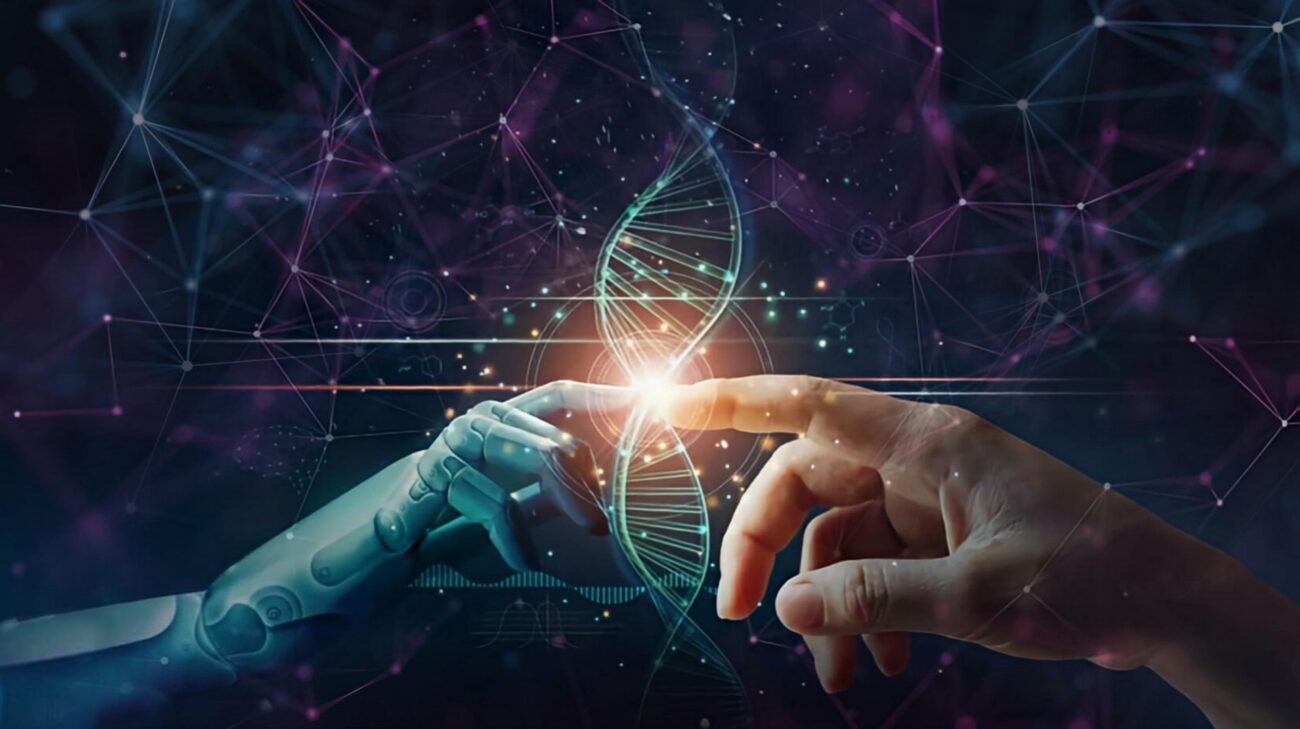


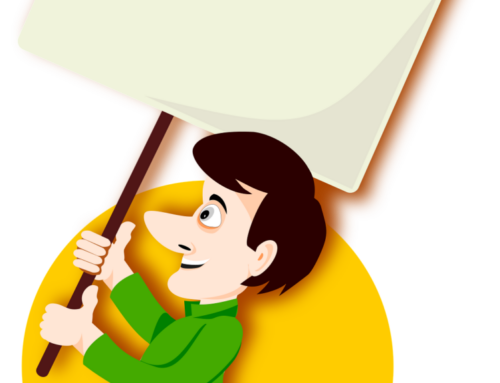
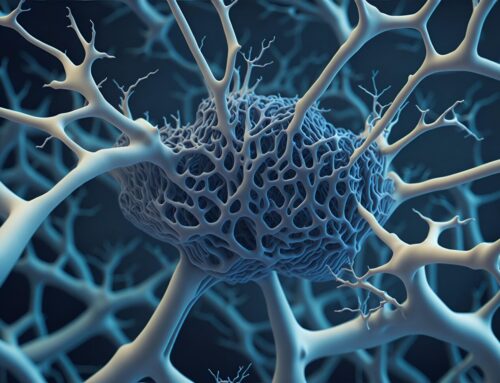


Hi Rosanne, Thank you for your long term consistency in sharing your research with all of us. Gratitude for your platform in gaining wisdom’s. Mildred Carter has three books (1960-70’s) on reflexology, on the feet, hands and body. Keeping the whole endocrine system activated. Next, every human being on earth may find this video very relevant to their personal life span of their soul relevant, more so currently today’s activities of life. You tube video: “ Put This on Your Navel and Every Curse Will Break Instantly || Shi Heng Yi Motivation” https://m.youtube.com/watch?v=BiiALxU1xdE